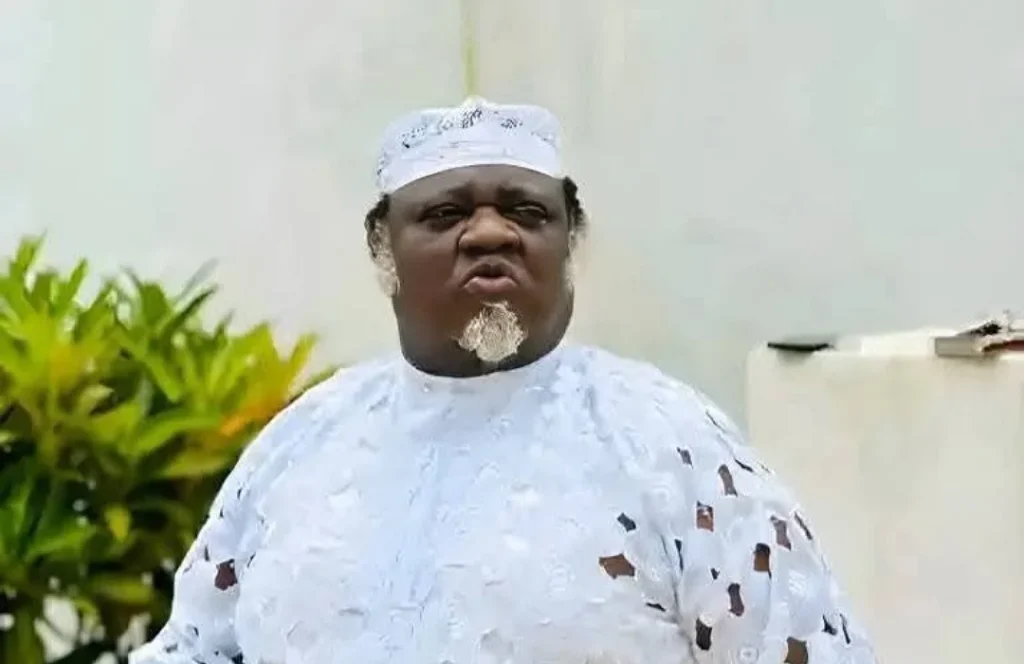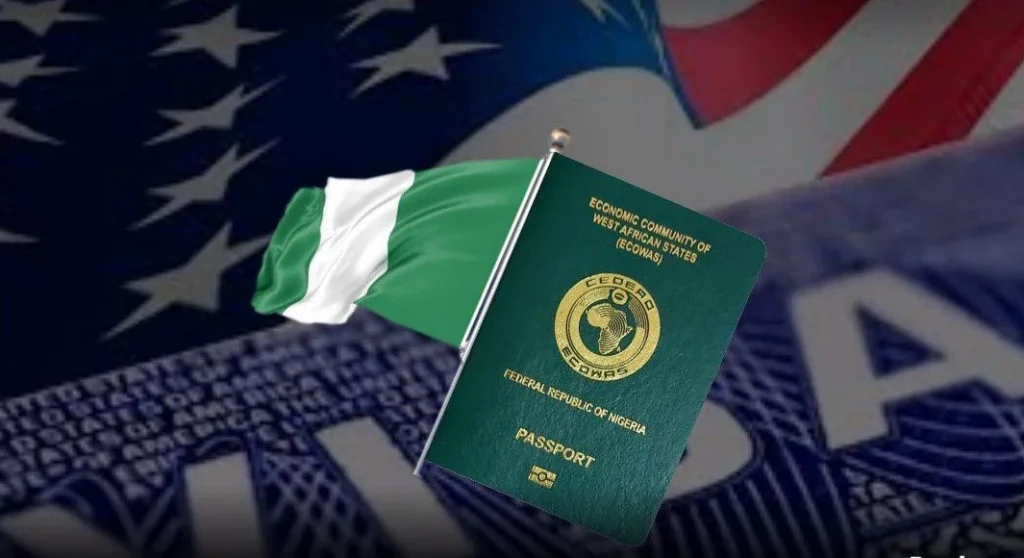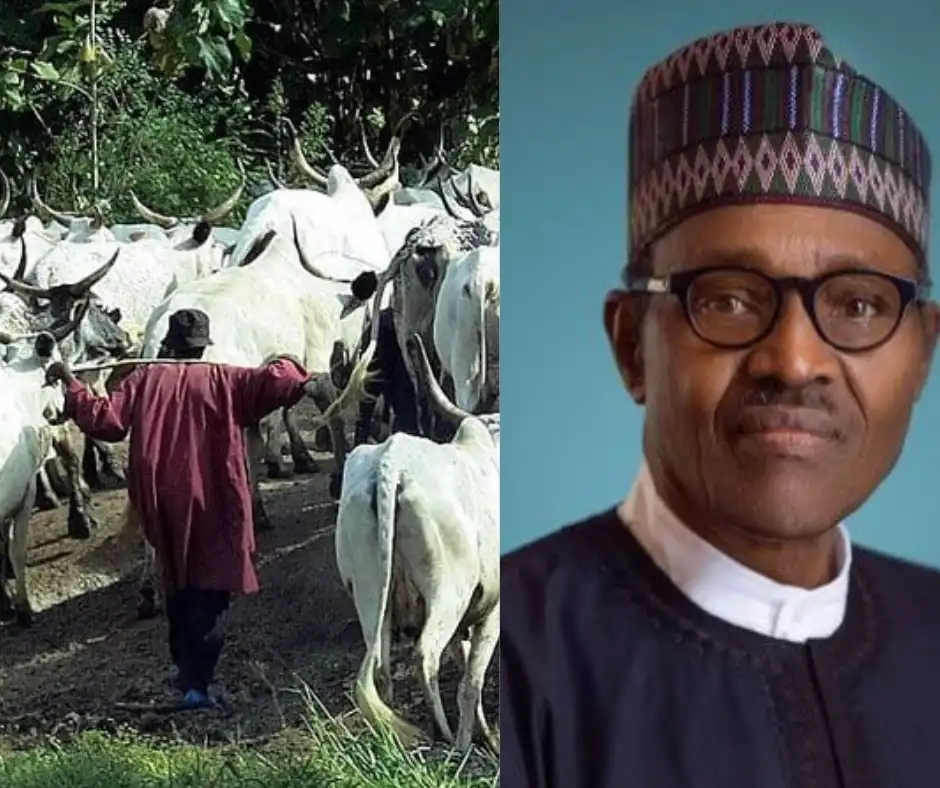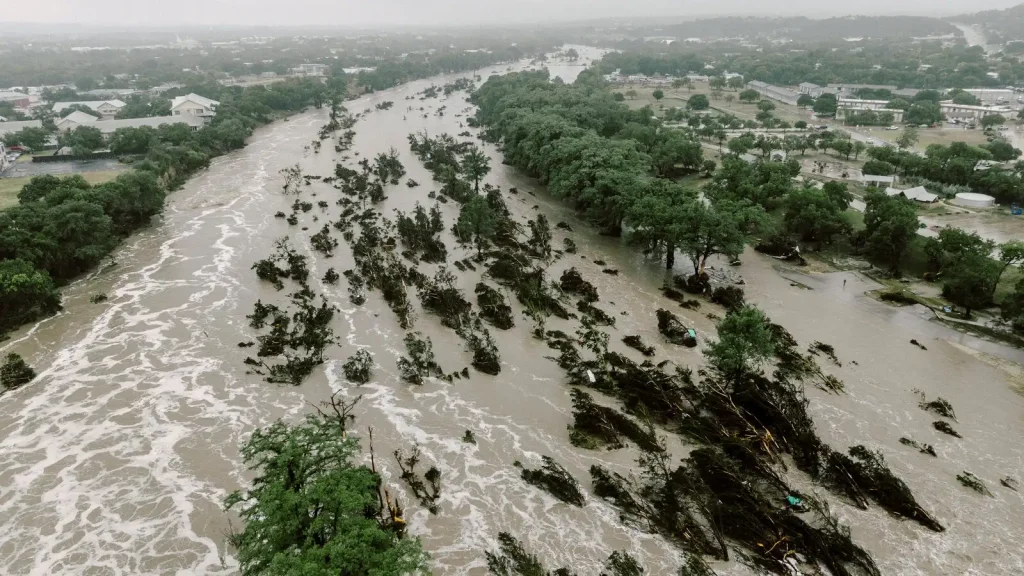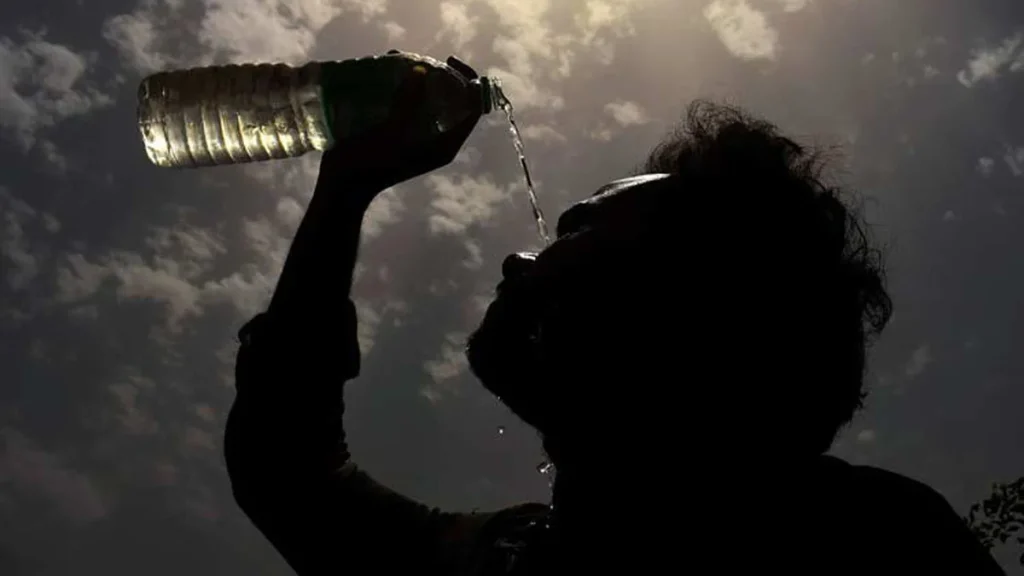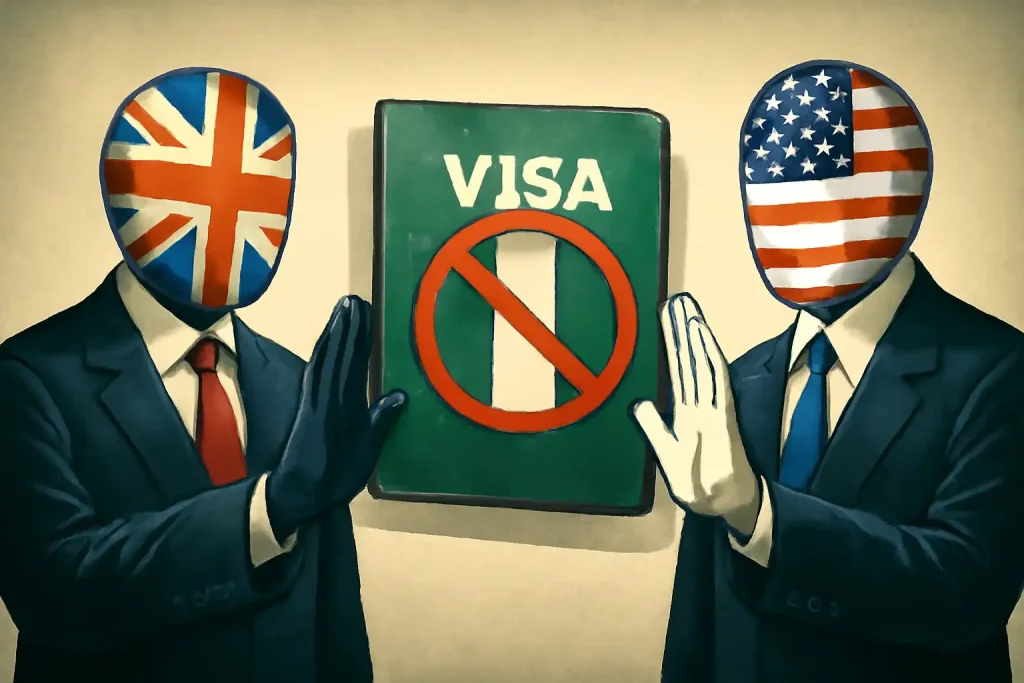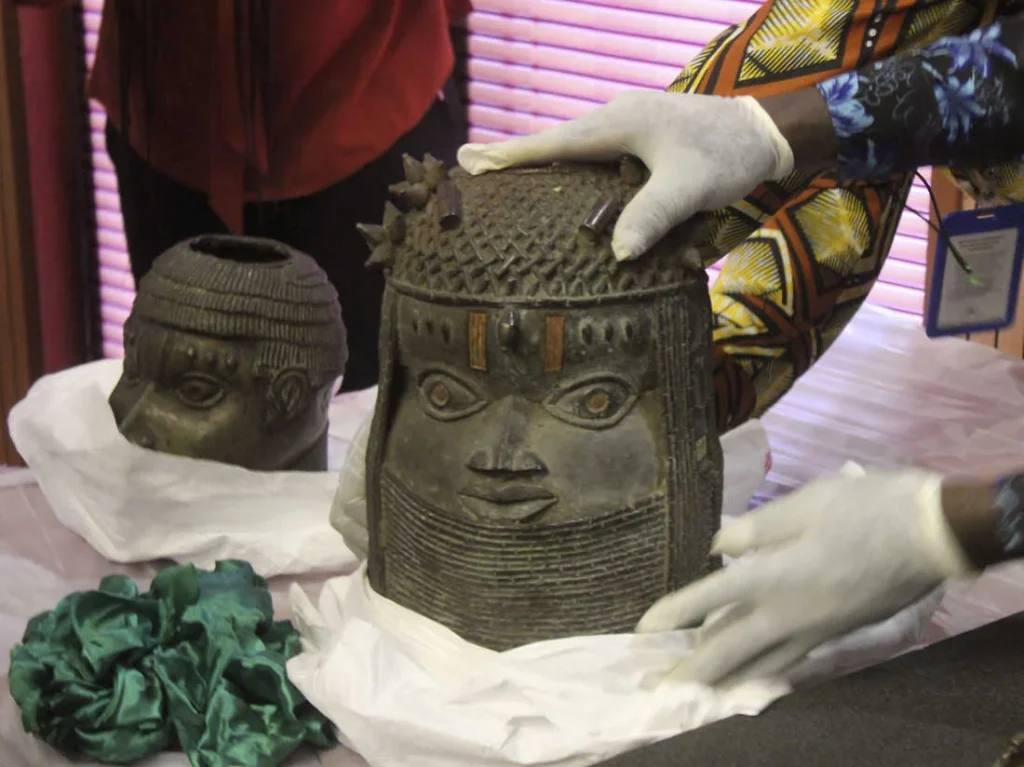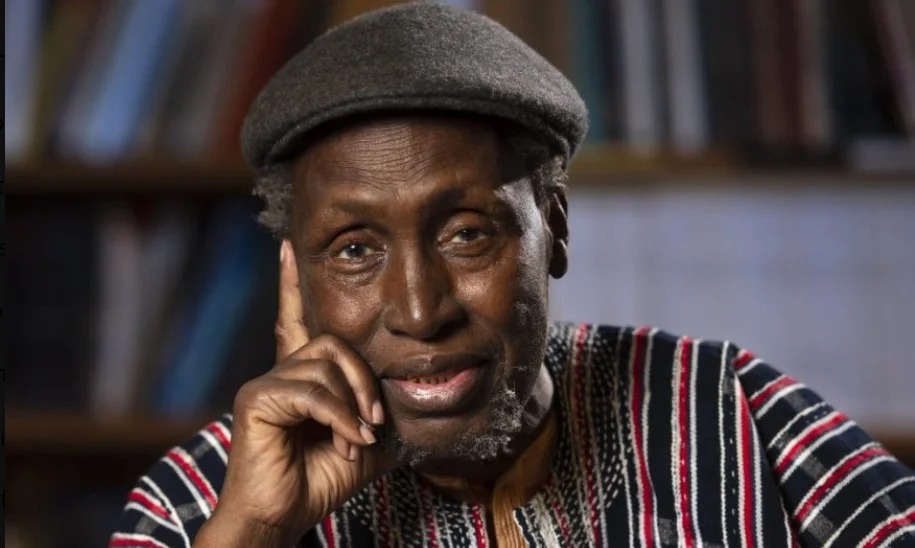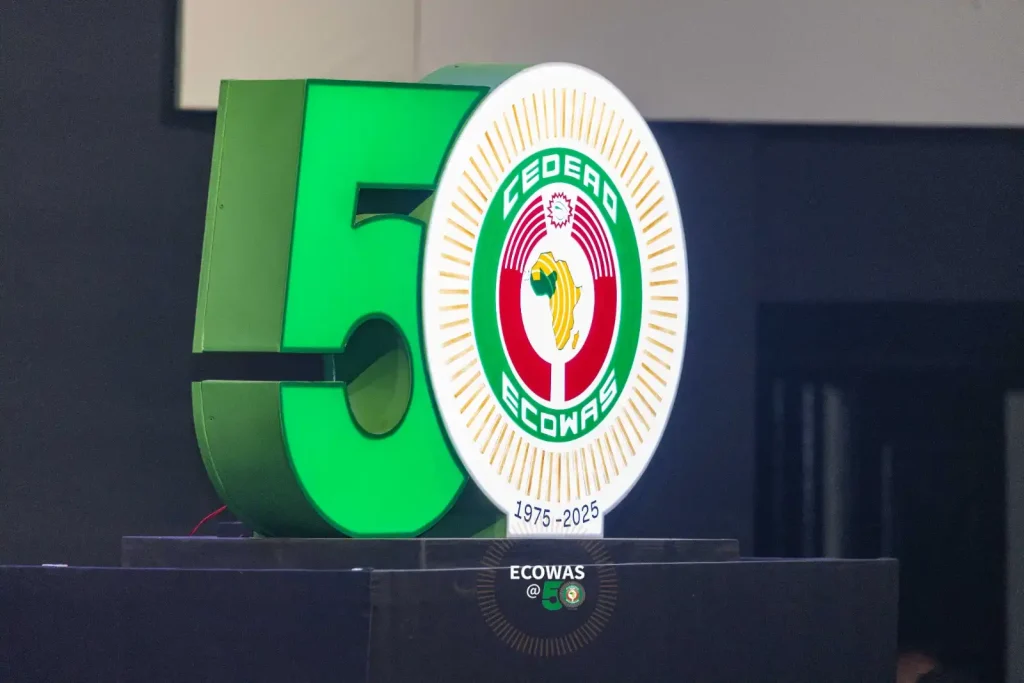On September 5, 2021, Guinea fac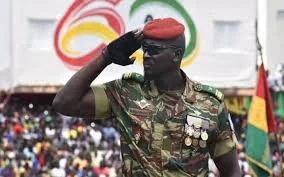 ed a historic upheaval as a military coup, led by Colonel Mamady Doumbouya, removed President Alpha Condé from power. The coup unfolded in the early hours of the morning, with soldiers taking control of the presidential palace in Conakry, the capital city. President Condé was swiftly detained, leading the military to declare the dissolution of the government and the suspension of the constitution.
ed a historic upheaval as a military coup, led by Colonel Mamady Doumbouya, removed President Alpha Condé from power. The coup unfolded in the early hours of the morning, with soldiers taking control of the presidential palace in Conakry, the capital city. President Condé was swiftly detained, leading the military to declare the dissolution of the government and the suspension of the constitution.
In a powerful televised address, Colonel Doumbouya justified the coup by accusing Condé’s regime of corruption and mismanagement, stating that the military acted to restore order and protect Guinea’s future. Doumbouya announced the formation of the National Committee of Reconciliation and Development (CNRD), which would govern Guinea during a transitional period. To prevent chaos, he declared a nationwide curfew and urged citizens to refrain from looting and violence.
The coup did not come without warning. Condé’s controversial decision to seek a third term in the elections had ignited widespread protests across the country, as many Guineans opposed what they saw as a move toward authoritarian rule. The government’s heavy-handed response to the protests, which included the use of force against demonstrators, only deepened the unrest. Condé’s administration was also widely criticized for human rights abuses and the suppression of dissenting voices.
International reactions were immediate and firm. The African Union and the Economic Community of West African States (ECOWAS) quickly condemned the coup, calling for the release of President Condé and a return to constitutional rule. ECOWAS imposed sanctions on Guinea’s new military leaders and urged dialogue to resolve the crisis peacefully.
Within Guinea, reactions were mixed. While many celebrated the end of Condé’s rule, others feared the uncertainty and instability that might follow military governance. Colonel Doumbouya promised to lead the country toward free and fair elections, though no clear timeline was set for the transition to civilian rule.
The coup in Guinea is part of a troubling trend of military takeovers in West Africa, raising alarm about the region’s commitment to democracy. As the international community watches closely, Guinea’s future hangs in the balance, with hopes pinned on a peaceful and orderly return to civilian leadership.


